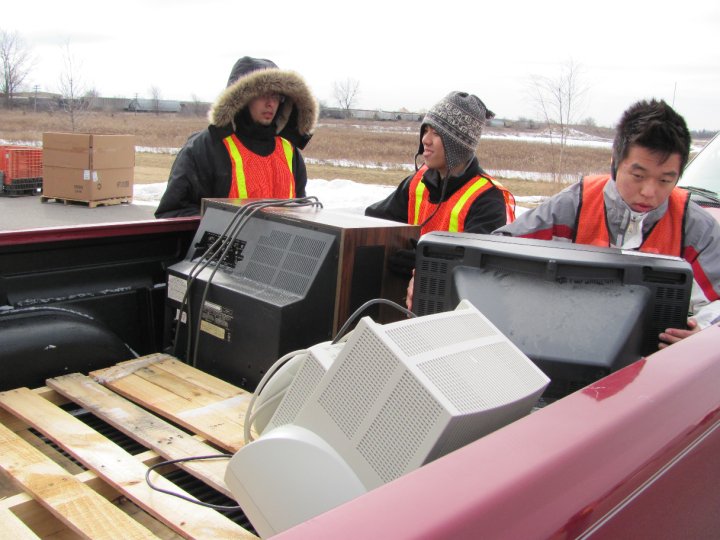Profitability of End-of-Use or End-of-Life (EOU/L) product recovery systems is highly affected by the uncertainties in quantity, quality and timing of return. Some parts of these uncertainties are originated from consumer behavior. As a common habit, consumers often keep their EOU/L products in storage for an uncertain amount of time. This behavior reduces the chance of remarketing of refurbished products causing less incentive toward remanufacturing operations. There are several factors behind this product-storing behavior including inconvenient access to collection sites, low resale price in second-hand markets, data security concern, insufficient rewards offered in take-back programs, and the lack of awareness on available take-back options. The question then arises as how to motivate consumers to return back their EOU/L products in a timely manner? What is the sufficient amount of incentive that remanufactures should offer consumers to control the return rate? In this study, we have developed a game theoretic model to investigate the elements of product take-back process and find the equilibrium points for buy back price in which both consumers and recovery industry objectives are met. Furthermore, several insights are provided regarding the consumer behavior.
